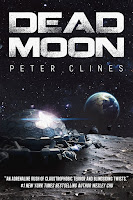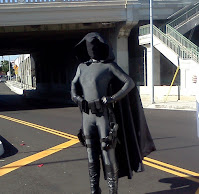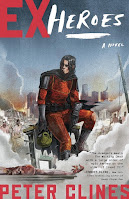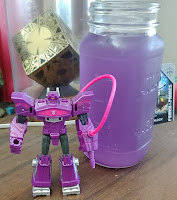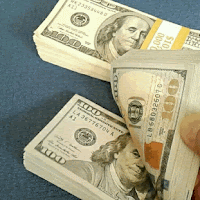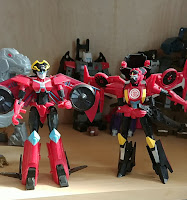I don’t like to talk about non-writing related things here on the ranty writing blog. In the sense of I like talking about writing (the art) as opposed to writing (the career). It’s why I rarely talk about publishing, marketing, agents, publicity, any of those after-issues. I’m a big believer that there’s not much point in me worrying about any of the career stuff until I’ve actually done the art stuff. Like I talked about a few weeks back, if you’re here, you’re 100% interested in the art, but not necessarily in the career.
But these are interesting times, and as I find myself navigating a path through them, I figured I might as well drop a bird crumb or three. Or beat the whole loaf into crumbs and just dump it out here. We’ll see which one turns out to be the better approach…
In case you missed it, the human embodiment of the Dunning-Krueger Effect spent an ungodly amount of money to buy a company he had absolutely no idea how to run. What followed next was kind of like a car crash I was once in. Another car slammed us into the side of the freeway, our car kind of bounced off the concrete wall, but momentum and a jammed steering wheel guided us back into side of the freeway again, where we bounced off again, slammed into the wall again, and continued doing this for maybe a full minute/ three or four impacts before the car finally came to rest a few hundred yards down the freeway. And no, the other driver never stopped, just shot off down the 405, looking for another car crash to cause.
So that’s what Twitter’s been like for the past couple of months.
Really, even before the Muskrat, things weren’t looking great. In general, the social media landscape’s been looking more and more like some bombed out no-man’s land during World War One. Algorithms have made sites less and less usable, while a complete lack of algorithms have made other sites less appealing. At this point, the only thing social media shows you is ads and the only thing you can easily find is outrage.
Where does this leave us all now?
Not in a great place.
I’m hardly the first to say it, but I think the age of social media may be over. It’s crumbling fast, at the very least. Yeah, there are a few places that have tried to step up and fill the gap, but none of them are moving at a good speed, either in growth or management. Bluesky’s probably my favorite right now, but it’s still got huge issues. Plus, if they shift to the federated idea, I think that pretty much kills them right there.
Yeah, federation’s just weird. It feels like a buzzword too many techbros are leaping at, even though it pretty much boils down to “social media, but with less reach.” It also feels a lot like “look, we invented subreddits!”
Anyway…
Hopefully it’s clear this really sucks for artists of all types. For a while now publishers (of all types) have kind of been leaning on artists to get their own message out. After all, through social media we can reach everyone pretty much everywhere, right? So… reach! New book coming out, book signing this weekend, anthology story in November, con appearance next month!
BUT… we all hate it when artists just say “buy my stuff” again and again. And most artists hate doing it. That’s why we’re usually just trying to… well, be ourselves. Show you other stuff we’re interested in. Movies, cooking, photography, LEGO, exercise, toys, pets, whatever. I think most people appreciate that honesty, even if it’s not something they might not be interested in themselves.
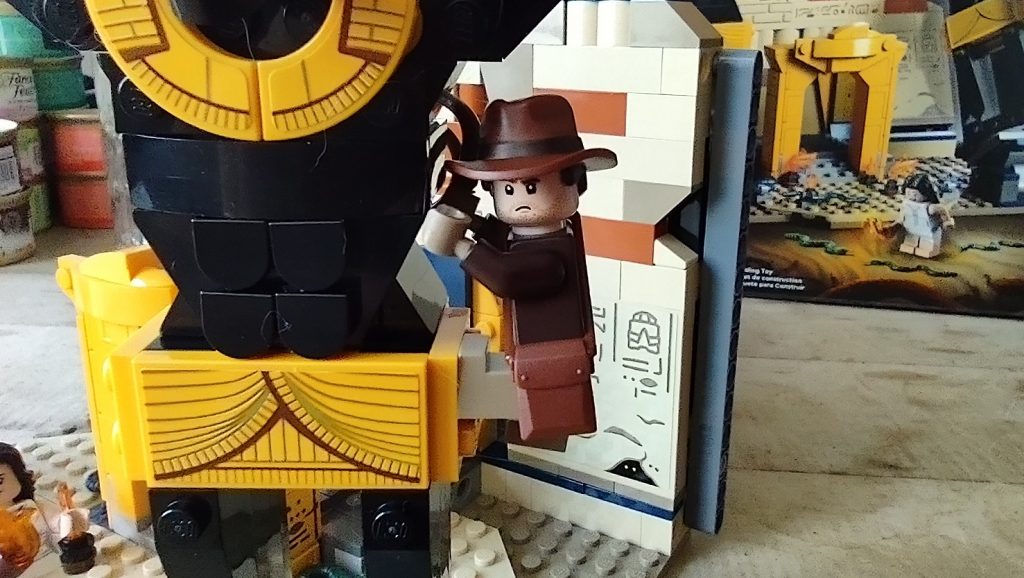
(like, for example. two writers I know from the fleshworld talk a lot on social media about Magic the Gathering, a game I know absolutely nothing about past “you play it with cards.” But I love their passion for it. It doesn’t matter that I’ve got no clue about it– I can enjoy their love of it)
Worth noting—I’ve never heard of an author not getting a deal because of a small social media following. I don’t think any publisher’s ever said “Wow, it’s the most amazing thing I’ve read this year and we think we can easily move 100K copies BUT you’ve only got 200 followers on Twitter. So sorry. Please try again later.”
I have, however, heard more than a few stories where blame for a book’s failure is quiiiiiiietly shifted to the author. They should’ve promoted more. They should’ve talked about it more. Clearly their fault. Nothing we could’ve done that would’ve changed things.
And the key thing here is it’s been shown time and time and time again that big social media numbers really don’t, in any way, translate to sales. There are famous examples of people with millions of followers who can’t even sell 500 copies of a book. I mentioned a while back how Nathan-freakin’-Fillion tweeted how much he liked the first two Ex-Heroes books and it barely bumped the needle on sales.
So all of this should be inconsequential! Social media collapsing really shouldn’t be the giant source of stress that it is for so many creative folks. But we keep doing it because… everyone expects us to. And we all have this nagging worry that if we don’t do it maybe sales will go down. Maybe my feeble attempts at keeping your attention really are where a third of my sales come from. Which would be sad on numerous levels. For all of us.
Plus… I made a joke about this a while back and Chuck Wendig actually just did a whole post about it over on his site. Most artists are exhausted by all of this. This whole collapse and trying to find a new place and… all of it. Seriously. I mean, we need to use social media—to some extent—as a business tool. So imagine having to move your whole office to another building. The office you’d spent years getting settled into and arranging, where everyone knew where you were and all your clients and associates knew right where to find you. But now you have to move.
So you pack everything up, move it all, get everything unboxed, start moving it all around, figuring where everything’s going to go, you give everyone your new phone number and new address and WHOA hang on, turns out this place has a ton of security issues. Sooooo pack it all up again, move again, get it all unboxed again, give everyone your new-new phone number and address and HOLY CRAP this new place is also owned by a narcissistic billionaire? Okay… pack it all up again, find another place, set it all up again…
And of course, every time you do this you lose something. A few photos. A little memory. There’s one or two people you forget to tell you’re moving. Five or six people who just can’t find that new address. Another five or six who refuse to drive to that part of town.
Again, that’s what the past few months have been like for most artists. Exhausting.
Which leads us to… what can we do?
Well, first off, a lot of it’s going to depend on you and what you can tolerate. What you want to be part of. What you want to support.
Past that…
I think, personally, if you like an author, an artist, a franchise, a toyline, whatever… you should probably bookmark their site now. Not their Twitter page or Instagram account—their site. Every writer and artist I know is trying to let everyone know where they’re going, but there are so many barriers in the way. We’re all scattering and some people are going to get lost. So ignore all the random platforms and just go straight to their little corner of the web. I guarantee you they’ve got something out there, even if it’s just 83% placeholder. So bookmark it, try to check it now and then. Like in the olden times, when the internet was just stone tablets that we threw at each other.
If said artist tells you they’re going somewhere… try to follow them. I screenshotted so many Bluesky addresses before I got an invite. All those folks saying “find me over here.” And when I finally got a code… I found as many of them as I could. Newsletters? Probably not a bad idea to sign up for those, too, if that’s your thing. Do you need a Bluesky invite? Seriously, I’ll just drop codes here if it helps people get away from Twitter. Because none of us can depend on it anymore. For anything.
I don’t know. This is feeling rambly. I have so many thoughts, and I’m also worried nobody’s ever going to read them. Because social media’s collapsed and I have no way to tell you I’ve put up a new post here on the ranty writing blog.
I guess we’ll all just have to see what happens.
Next time, I think I’d like to talk about how little time it took Usain Bolt to win an Olympic gold medal. Unless you’d like to talk about something else? Feel free to leave any thoughts, suggestions, or comments down below
And until then… go write.


